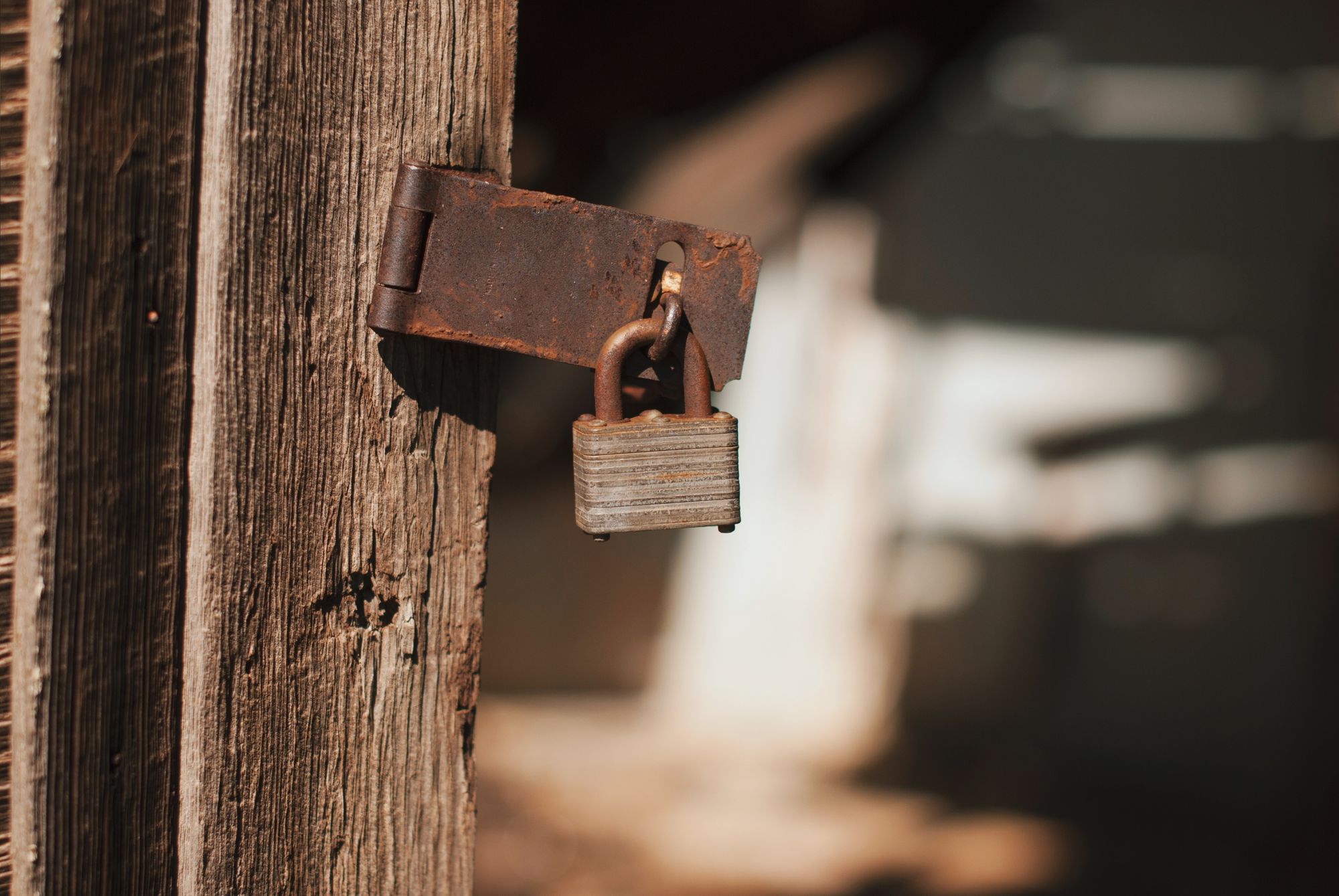What are DNS leaks?
DNS, or Domain Name Service, is what allows you to use the internet without having to know the exact IP address of a website or message recipient.

What is DNS?
DNS, or Domain Name Service, is what allows you to use the internet without having to know the exact IP address of a website or message recipient. Essentially, it maps hostnames to IP addresses so that you can browse a website using names and words that you recognize rather than the IP address that reads something like 123.456.789.101.
As you search the web, your computer connects to your internet service provider’s DNS resolvers – these will identify the IP address of the website and return the information to your device so that you can load it properly.
Without this essential function, using the internet would be very complex. Imagine if you had to remember the lengthy IP address for xeovo.com rather than just being able to type that into your browser!
What are DNS Leaks?
While the internet as we know it could not function without DNS, it can also compromise your privacy and security. If you are using a public network, or even a secured Wi-Fi connection, you are utilizing the DNS servers of your internet service provider (ISP). As they process your information, they can store your data and access your IP address, browsing history, and location.
A DNS leak refers to the monitoring and storing of your DNS traffic. In other words, it is when your ISP or even a hacker inspects public DNS servers to determine where the information originated from and trace it back to a specific IP address.
Whoever accesses this information can determine your location and your browsing history very easily, as all queries are sent to DNS servers unencrypted.
How to Prevent a DNS Leak
While DNS leaks are a common threat to privacy each time you use the internet, they can be prevented. The first thing you should do is use a DNS leak test website to see if you have already been exposed – these sites will run a quick check on your network to determine if your privacy is at risk.
The best way to prevent a DNS leak is to use a VPN – a virtual private network. These allow you to create a private tunnel that encrypts your information and replaces your IP address with one from the VPN network to protect your data.
However, not all VPNs are protected from DNS leaks, so it is important to select one that hosts their own DNS servers. This will ensure that your data stays within the confines of the VPN servers and remains encrypted so that, even if accessed, the information will be meaningless to the reader.
